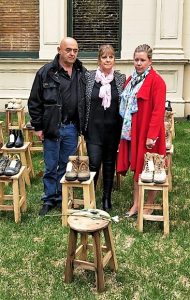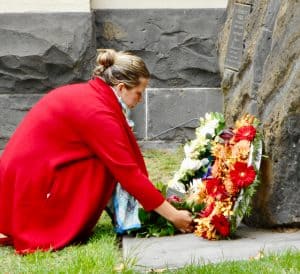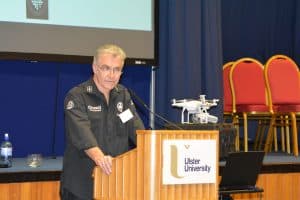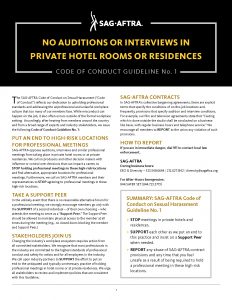 This week the Australian Chamber of Commerce and Industry (ACCI) released its submission to the Independent Review of Work Health and Safety Laws. The submission deserves reading fully as it reflects many of the positions on and perspectives of occupational health and safety (OHS) of Australia’s major businesses and, not surprisingly, it has a lot to say about Industrial Manslaughter laws.
This week the Australian Chamber of Commerce and Industry (ACCI) released its submission to the Independent Review of Work Health and Safety Laws. The submission deserves reading fully as it reflects many of the positions on and perspectives of occupational health and safety (OHS) of Australia’s major businesses and, not surprisingly, it has a lot to say about Industrial Manslaughter laws.
Comparing ACCI’s objections to the earlier attempt to introduce similar laws in Victoria in 2002 illustrates how little progress has been made.
Recent lessons from other major incidents, especially through the work of Professor Andrew Hopkins, have also shown the consequences of not taking responsibility for OHS. The power to counter the calls for Industrial Manslaughter laws is in the hands of those corporate leaders who accept this responsibility and work with it.


 Australia’s occupational health and safety (OHS) profession was late to the process of certifying its members. The
Australia’s occupational health and safety (OHS) profession was late to the process of certifying its members. The  The Melbourne ceremony for
The Melbourne ceremony for 
 Australia’s Royal Commission into banking and financial services is a few months in and the evidence provided of wrongdoing is so substantial that those who were critical of the need for such an investigation are admitting they were wrong.
Australia’s Royal Commission into banking and financial services is a few months in and the evidence provided of wrongdoing is so substantial that those who were critical of the need for such an investigation are admitting they were wrong.